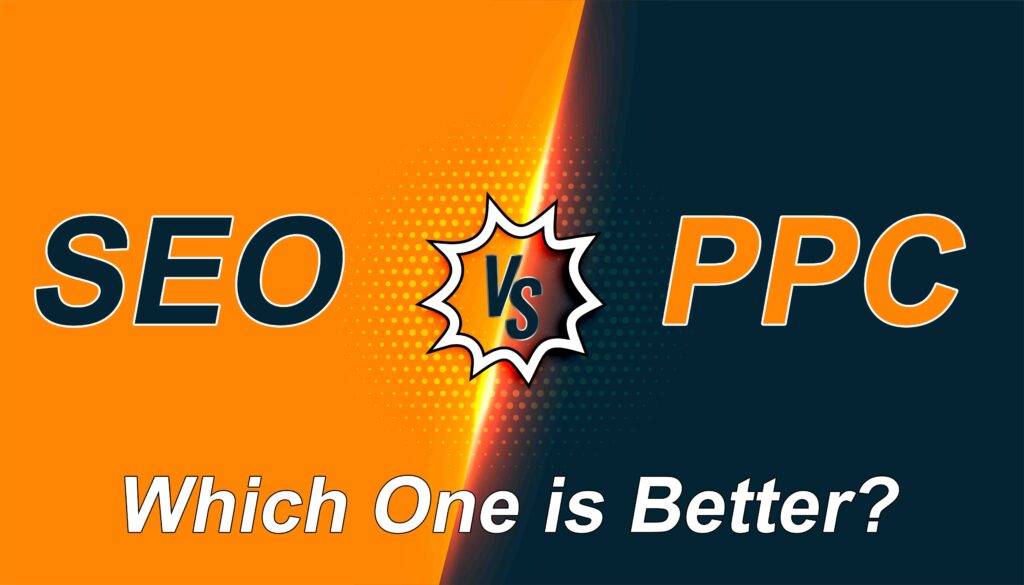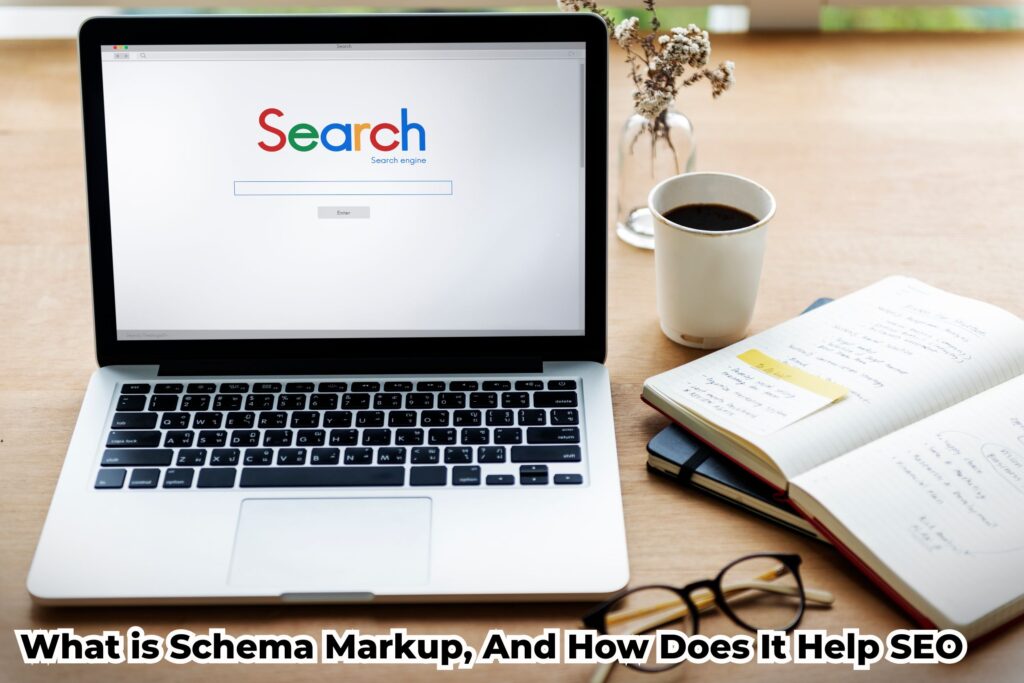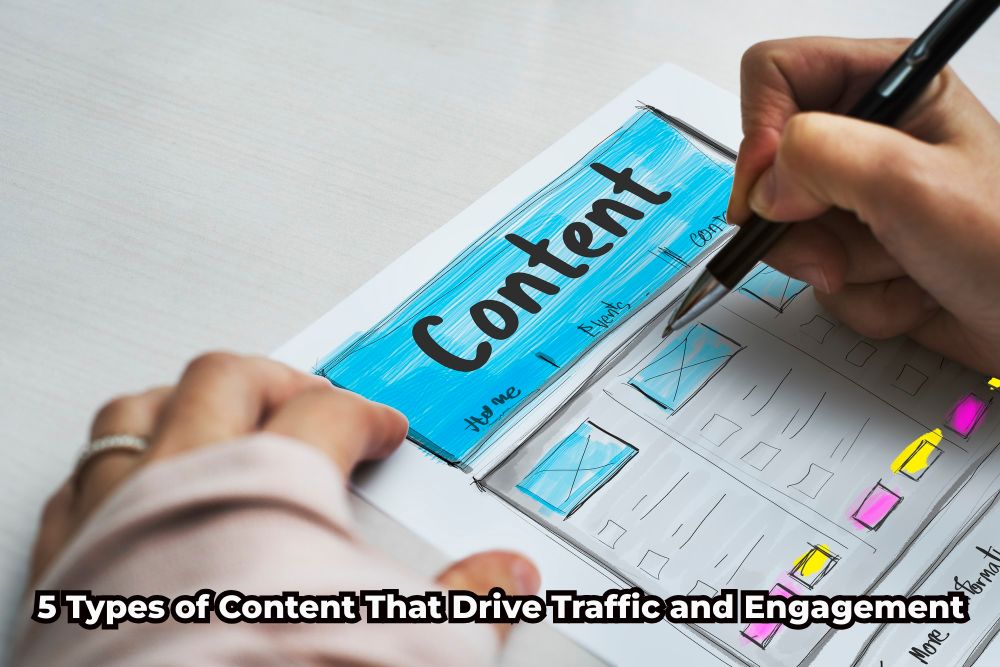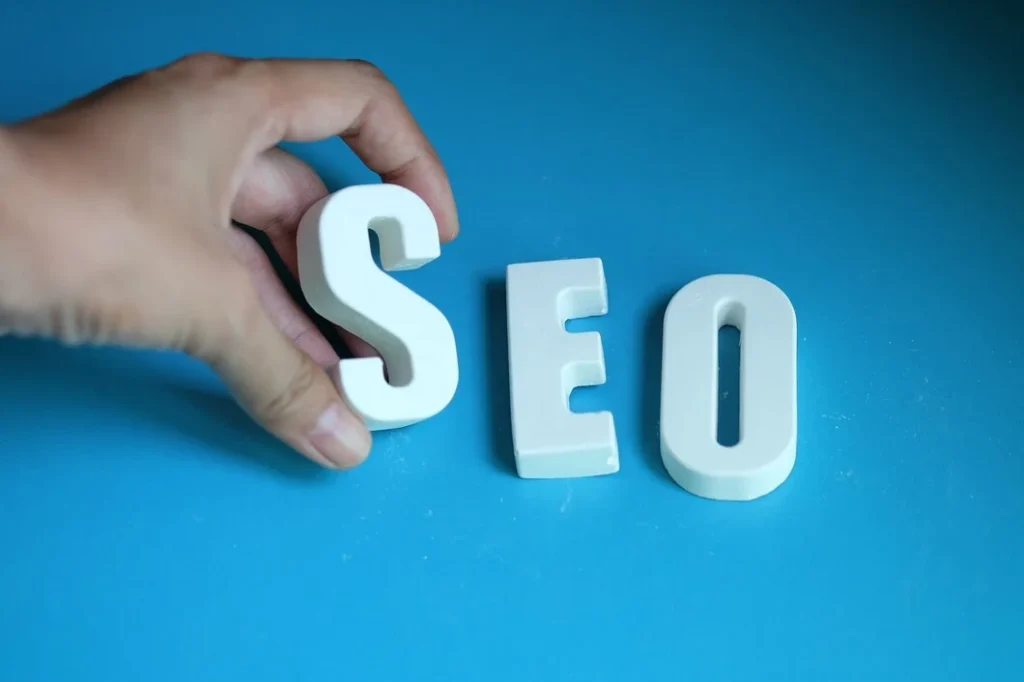SEO versus PPC are two prominent strategies in the world of global internet marketing that always seem to stir up extensive discussions. Which one is more effective? Which plan is right for your business? As SEO provides slow but steady and sustainable results, and PPC brings instant traffic and visibility, the choice sometimes feels like choosing between the best sundaes. This article explains SEO vs PPC: Differences, Pros, Cons, and Which One is Better.
SEO vs PPC: Differences, Pros, Cons, Which One is Better

What is SEO
SEO stands for Search Engine Optimization and can be compared to the overall strategy in digital marketing. It is just the beginning of the preparation that nurtures the plant’s growth in the future. It is the practice of making various changes to your website to get the best results to pop up on a website whenever a specific keyword is searched. Search engine optimisation is all about securing organic exposure and the ability to receive traffic without paying per click.
It can be mentioned that SEO is based on three main types. The first one is on-page SEO, which many companies assume is conventional SEO, as it involves altering webpage items, such as meta titles, descriptions, and internal links. The second is Off-Page SEO, which uses techniques like back-linking to create authority. The final type is Technical SEO, which ensures your site is operating efficiently, loading quickly, and is mobile-friendly and adequately indexed. All these elements make your website wonderfully appealing to search engines like Google.
What is PPC
Although PPC or Pay-Per-Click Advertising is slightly behind in the race, compared to the marathon runner, SEO, PPC is still the sprinter of the race. If SEO is incremental and organic, PPC is fast and flashy. You devise an advertisement and bid on a particular word; every time you click on the ad, there is a cost. This is mainly dominated by Google Ads and Facebook Ads, where businesses can occupy the top position on a search engine or simply be seen by a potential customer on their news feed in the blink of an eye.
That is why PPC is considered exciting: you have control over the process. Do you need to address a specific audience by age, gender, geographic preferences, or a preferably known interest? PPC has your back. You are also equipped with tools and analytical data to improve the campaigns continuously.
Pros and Cons of SEO
However, the most significant strength of the SEO process is the fact that it is sustainable. After you reach page one of Google, constant traffic comes in (Money, Money!) without the necessity to invest in it repeatedly. SEO is also considered a cheaper method over the long haul because the cost of PPC is that a person continues paying for the click. Also, users tolerate organic search results, comparing them to paid ads and considering organic ones as more relevant. Different from any other marketing technique, SEO is not merely promoting your brands but making them credible for existence.
But here’s the flip side: SEO takes time. It is not an “overnight success strategy”–it may take at least 3-6 months to see an enormous change in your rankings. The other challenge is competition. The other stagger is rivalry. Every business dreams of being at Google’s first search rank and trying to outrank well-established competitors with good domain authority, which can feel like trying to conquer Mount Everest barefoot.
Pros and Cons of PPC
If you want to get your visibility to consumers up and running quickly, then PPC is the perfect way. A great example of when to use PPC is when you need your business to appear before the right audience as soon as possible, whether for introducing its new product or for handling a one-time offer or promotional campaign promoting your business. The targeting is almost unbelievable; you can find out every detail about your audience.
However, PPC comes with its difficulties. It costs a lot of Money, mainly if your niche falls under a category with high-competition keywords. Purchasing traffic can become a total catastrophe; despite these clicks, there needs to be assurance of conversion. The leads dry up as soon as your budget is depleted, and your advertisements vanish. PPC partakes in the “pay for performance” kind of promotion, and the impact stops as and when the promo payments stop.
SEO vs PPC: Key Differences
It all comes down to time versus Money. SEO is a gradual process that does not demand recurring fees once you have secured your required positions. Conversely, PPC produces results almost instantly but requires continuous ad spending to reap results.
Search engine optimisation targets long-term objectives of ranking changes and the production of helpful content. That’s why, compared to SEO, PPC focuses on urgent traffic and uses paid targeting methods. Besides, SEO makes users trust the websites on the organic list rather than the ads. Still, PPC gives the website visibility even in hard-competitive fields where the website owners need help to rank their website organically.
Which One is Better for Your Business?
It is vital to note that deciding whether to use SEO or PPC requires thinking about what you want, your business and industry, and how soon you need traffic. SEO should be your best friend if the aim is to foster long-term customer relations and authentic traffic. It is suitable for firms establishing themselves in their sectors or small businesses that require longevity in the market but may only afford to spend so much on ads.
Conversely, PPC is perfect if you want immediate results for seasonal sales or in an industry with much competition for leads. It is well suited for companies with more resources and interest in even finer tuning and does not require Intersect’s seven-day lead time to convert the ad.
Many business owners will find that SEO vs PPC does not always need to be a debate between two search engines. The integration of both approaches is likely to benefit both working strategies. Just think of using PPC to get people to your site while you develop continued SEO work in the background. Combined, they represent the strong and mutually reinforcing factor, becoming the best in gaining multiples simultaneously in the short and long run.
Why Not Use Both?
This leads many people to wonder whether it is at all possible to get the juiciest upside of both. Absolutely! Most companies like using PPC and SEO together so that they can make quick money in the short run while building a sustainable business in the long run.
For instance, you may pay for Google ads to bring web traffic to a site simultaneously when the site’s landing pages are optimised for the particular SEO keywords.
Eventually, as your website ascends to organic rank, you can cut your PPC expenses while concentrating on superior and more particular advertisements.
Conclusion
The debate of whether SEO is better than PPC or vice versa could be more productive because this is not about choosing one over the other but the ability to accept or realise how these strategies fit into your goals. While SEO is a long-term game of steady growth, much like a burning fire that produces a blazing flame, SEO is about long-term traffic and respect in the industry. PPC is like a firework that immediately lights up the sky, but only as long as the firework’s fuel lasts.
Before you decide between news or blogging, consider taking time to analyse your goals, budget, and the time available for the activity. Whether you sow seeds with SEO, launch an attack with PPC, or maintain a balance of both, there is no doubt that well-planned is well-executed. If you are willing to take on the responsibility of driving your audience in and upping your brand’s public profile, choose your instruments carefully and confidently gear up for the online world.




